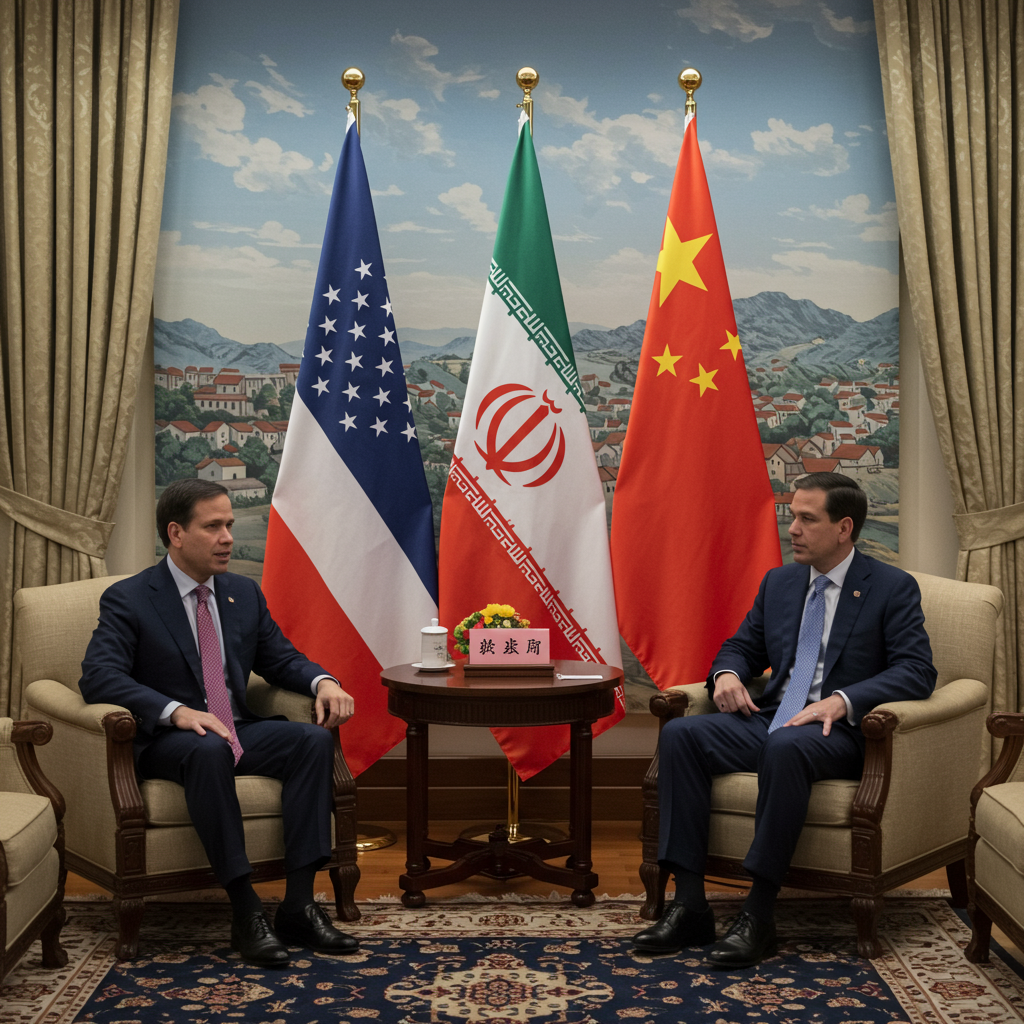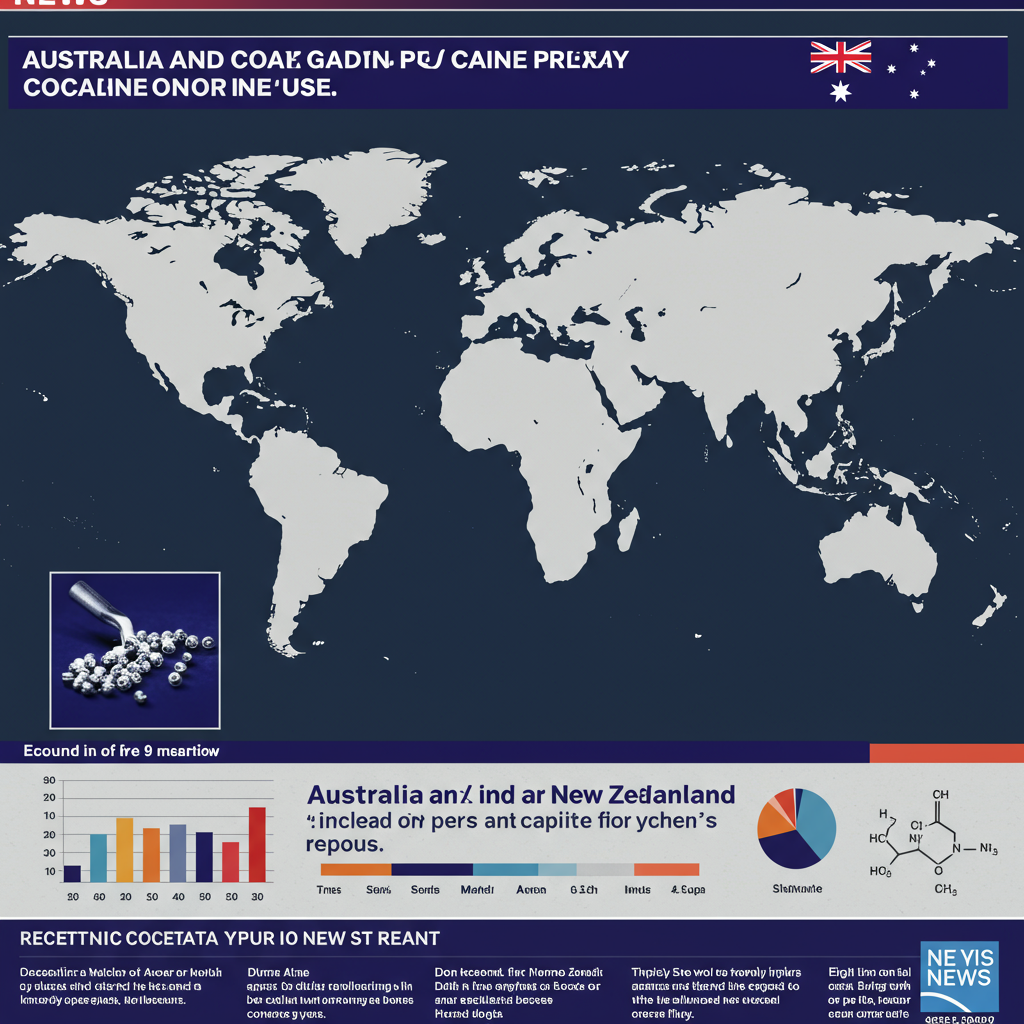US Urges China to Step In Over Iran’s Strait of Hormuz Threat
Following recent US military strikes on Iranian nuclear facilities, the United States has publicly called on China to use its influence to dissuade Iran from closing the strategically vital Strait of Hormuz. U.S. Secretary of State Marco Rubio, who also serves as national security adviser, specifically urged the Chinese government in Beijing to contact Tehran regarding the potential closure, highlighting China’s significant dependence on the waterway for its energy needs.
China stands as Iran’s most crucial oil customer and maintains friendly relations with the Islamic Republic, positioning it uniquely to potentially impact Tehran’s decision-making.
The US appeal comes after Iran’s foreign minister warned that the nation “reserves all options to defend its sovereignty.” Iranian state-owned media also reported that the parliament had approved a measure supporting the closure of the Strait of Hormuz, a move described by Rubio as “another terrible mistake” and “economic suicide” for Iran. However, it’s important to note that the final decision on closing the strait rests with Iran’s top security body, the Supreme National Security Council, and ultimately the Supreme Leader.
The Critical Role of the Strait of Hormuz
The Strait of Hormuz is a narrow waterway connecting the Persian Gulf to the Gulf of Oman and the Arabian Sea. Situated between Iran and the Musandam Peninsula, it measures approximately 104 miles (167 km) long and narrows to just about 21 miles (33 km), containing shipping lanes that are a mere two miles wide in each direction. This makes it a crucial, yet vulnerable, maritime chokepoint.
Its importance to global energy security cannot be overstated. Around one-fifth of the world’s oil consumption and roughly 20% of global crude oil supply transited through the Strait in 2024, amounting to some 20 million barrels per day. It is the sole sea passage for the vast majority of oil exports from major OPEC producers like Saudi Arabia, Iran, the UAE, Kuwait, and Iraq. Beyond oil, approximately one-third of the world’s liquefied natural gas (LNG) also travels this route. While some alternative pipelines exist for Saudi Arabia and the UAE, their bypass capacity is limited.
Potential Global Economic Fallout
An attempt to block the Strait of Hormuz, even temporarily, would have profound and immediate consequences for the global economy. Disrupting the flow of such a massive volume of crude oil would trigger major supply shortages and send energy prices skyrocketing.
Analysts from firms like Goldman Sachs and consulting firm Rapidan Energy have warned that oil prices could easily surge above $100 per barrel. Some experts suggest that a significant disruption could drive Brent crude prices to $120 a barrel or even surpass the record highs seen in 2008 if blockages were prolonged. Such price surges would negatively impact economies worldwide, particularly those heavily reliant on energy imports from the Persian Gulf, primarily in Asia (including China and India) and Europe.
While Secretary Rubio stated that closing the strait would “hurt other countries’ economies a lot worse than ours” (the US), he also warned it would be a “massive escalation” meriting a response from the US and others.
Significant Obstacles to Closure
Despite the parliamentary backing, a full and prolonged closure of the Strait faces significant hurdles and is widely viewed by experts as having a low probability.
- Economic Suicide for Iran: As Rubio noted, closing the strait would be “economic suicide” for Iran itself. The Islamic Republic, the third-largest oil producer in OPEC, relies heavily on this waterway for its own oil exports (around 1.84 million bpd recently), with the vast majority currently going to China. Blocking the Strait would effectively cut off Iran’s key revenue stream.
- Hurting Key Allies: Such a move would directly harm China, Iran’s largest oil customer, potentially souring relations. It would also disrupt exports from regional players like Saudi Arabia and the UAE, with whom Iran has recently sought to mend ties.
- International Military Response: The United States views closing the Strait of Hormuz as akin to a declaration of war. The U.S. Fifth Fleet, stationed in Bahrain, is specifically tasked with protecting maritime trade in the Persian Gulf. While some analysts caution that the market might underestimate the potential for a prolonged disruption (weeks or months rather than hours or days), the consensus remains that the U.S. Navy and potentially other Western navies would swiftly respond to any attempt to block the waterway, ultimately prevailing.
Expert Outlook
While a complete, long-term blockade is deemed unlikely due to the severe economic and military repercussions for Iran, the threat itself significantly raises geopolitical tensions. Some analysts believe short-term disruption or harassment of shipping remains a more plausible scenario, though likely manageable by naval forces.
Countries like India, while dependent on the Strait for a portion of their oil imports, have diversified their supply sources (including increased imports from Russia and the US) and secured non-Hormuz routes for gas, potentially positioning them better to weather price shocks and supply re-routing than in the past.
The situation remains volatile, with the international community closely watching Iran’s next steps and the effectiveness of diplomatic pressure, including the unprecedented US call for China to intervene.




